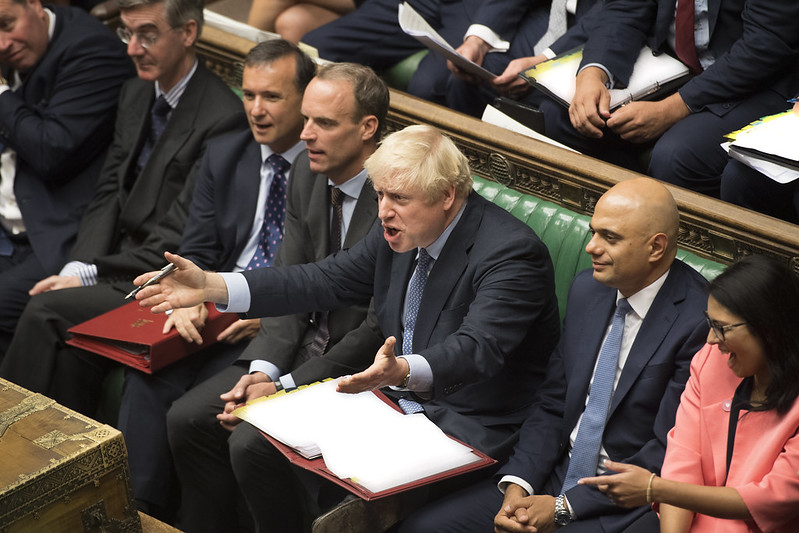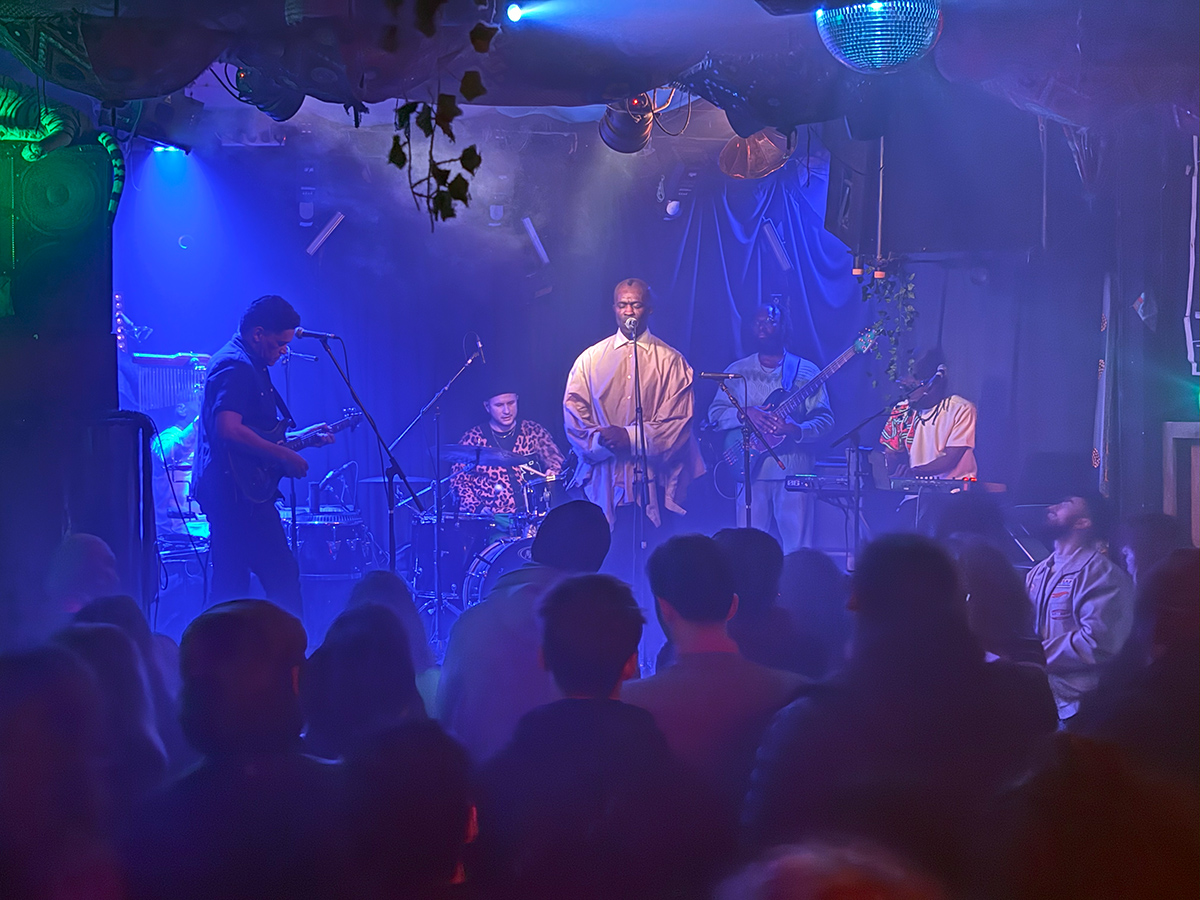[vc_row][vc_column][vc_single_image image=”116924″ img_size=”full” add_caption=”yes”][vc_column_text]In celebration of one of football’s biggest international tournaments, here is Index’s guide to the free speech Euros. Who comes out on top as the nation with the worst record on free speech?
It’s simple, the worst is ranked first.
We start today with Group A, which plays the deciding matches of the group stages today.
1st Turkey
Turkey’s record on free speech is appalling and has traditionally been so, but the crackdown has accelerated since the attempted – and failed – military coup of 2016.[1][2]
The Turkish government, led by President Recep Tayyip Erdoğan has attacked free speech through a combination of closing down academia and free thought and manipulating legislation to target free speech activists and the media. He has also ordered his government to take over newspapers to control their editorial lines, such as the case with the newspaper Zaman, taken over in 2014.[3]
Some Turkish scholars have been forced to inform on their colleagues[4] and Erdoğan also ordered the closing down of the prominent Şehir University in Istanbul in June 2020[5].
But it is manipulation of legislation that is arguably the arch-weapon of the Turkish government.
A recent development has seen the country use Law 3713, Article 314 of the Turkish Penal Code and Article 7 of the Anti-Terror Law to convict both human rights activists and journalists.
As of 15 June this year, a total of 12 separate cases of under Law 3173[6] have seen journalists currently facing prosecution, merely for being critical of Turkey’s security forces.
This misuse of the law has caused worldwide condemnation from the European Union, the United Nations and the Council of Europe, among many others[7].
Misuse of anti-terrorism legislation is a common tactic of oppressive regimes and is reflective of Turkey’s overall attitude towards freedom of speech.
Turkey also has a long history of detaining dissenting forces and is notorious for its dreadful prison conditions. Journalist Hatice Duman, for example, has been detained in the country since 2003[8]. She has been known to have been beaten in prison.[9]
Leading novelists have also been attacked. In 2014, the pro-government press accused two authors, Elif Shafak and Orhan Pamuk were accused of being recruited by Western powers to be critical of the government.[10]
Every dissenting voice against the government in Turkey is under scrutiny and authors, journalists and campaigners easily fall foul of the country’s disgraceful human rights record.
With a rank of 153rd on Reporters Without Borders’ 2021 World Press Freedom Index, it is also the worst-placed team in the tournament in this regard.
2nd Italy
Freedom of speech in Italy was enshrined in the 1948 constitution after the downfall of fascist dictator Benito Mussolini in 1945. However, a combination of the consequences of the Covid-19 pandemic, oppressive legislation and violent threats to journalists means that its record is far from perfect.
Slapps (strategic lawsuits against public participation) are used by governments and big corporations as a form of intimidation against journalists and are common in Italy.
Investigative journalist Antonella Napoli told Index of the difficulty journalists such as her face due to Slapps. She herself is facing a long-running suit, which first arose in 1998. She will face her next hearing on the issue in 2022[11].
She said: “We investigative journalists are under the constant threat of litigation requires determination to continue our work. A pressure that few can endure.”
“When happen a similar case you feel gagged, tied, especially if you are a freelance journalist. If you get your hands on big news about a public figure with the tendency to sue, you’ll think twice. I have never stopped, but many give up because they fear consequences that they can’t afford.”
Italy bore the brunt of the early stages of the pandemic in Europe. Often, when governments experience nationwide crises, they use certain measures to implement restrictive legislation that cracks down on journalism and free speech, inadvertently or not.
The decree, known as the Cura Italia law, meant that typical tools for journalists, or any keen public citizen, such as Freedom of Information requests were hard to come by unless deemed absolutely necessary.
Aside from Covid-19 restrictions, Italy continues to have a problem with the mafia. There are currently 23 journalists under protection in the country.[12]
3rd Wales
Wales is very much subject to the mercy of Westminster when it comes to free speech
Arguably, the most concerning development is the Online Safety Bill (also known as ‘online harms’), currently in its white paper stage.
While there are, sadly, torrents of online abuse, this attempt to regulate speech online is concerning.
The draft bill contained language such as “legal but harmful” means there would be a discrepancy between what is illegal online, versus what would be legal offline and thus a lack of consistency in the law regarding free speech.
The world of football recently took part in an online social media blackout, instigated in part by Welsh club Swansea City on 8 April[13], following horrific online racial abuse towards their players.
Swansea said: “we urge the UK Government to ensure its Online Safety Bill will bring in strong legislation to make social media companies more accountable for what happens on their platforms.”[14]
But the boycott was criticised with some, including Index, concerned about the ramifications pushing for the bill could have.
In 2020, Index’s CEO Ruth Smeeth explained what damage the legislation could cause: “The idea that we have something that is legal on the street but illegal on social media makes very little sense to me.”[15]
4th Switzerland
Switzerland has an encouraging record for a country that only gave women the vote in 1971.
They rank 10th on RSF’s World Press Freedom Index and have, generally speaking, a positive history regarding free speech and freedom of the press.
But a recent referendum may prove to be an alarming development.
Frequently, where there may be unrest or a crisis in a country, government’s use anti-terrorism laws to their own advantage. Voices can be silenced very quickly.
On 13 June, Switzerland voted to give the police detain people without charge or trial[16] under the Federal Law on Police Measures to Combat Terrorism.
Amnesty International Switzerland’s Campaign Director, Patrick Walder said the measures were “not the answer”.
“Whilst the desire among Swiss voters to prevent acts of terrorism is understandable, these new measures are not the answer,” he said. “They provide the police with sweeping and mostly unchecked powers to impose harsh sanctions against so-called ‘potential terrorist offenders’ and can also be used to target legitimate political protest.”
“Those wrongly suspected will have to prove that they will not be dangerous in the future and even children as young as 12 are at risk of being stigmatised and subjected to coercive measures by the police.”
56.58 per cent came out in support of the measures.[17]
[1] https://www.youtube.com/watch?v=jW_c30hwXTM&ab_channel=Vox
[2] https://journals.sagepub.com/doi/full/10.1177/0306422020917614
[3] https://www.amnesty.org/en/latest/news/2016/03/turkey-fears-of-zaman-newspaper-takeover/
[4] https://journals.sagepub.com/doi/full/10.1177/0306422020917614
[5] https://journals.sagepub.com/doi/full/10.1177/0306422020981254
[6] https://rsf.org/en/news/turkey-using-terrorism-legislation-gag-and-jail-journalists
[7] https://stockholmcf.org/un-calls-on-turkey-to-stop-misuse-of-terrorism-law-to-detain-rights-defenders/
[8] https://cpj.org/data/people/hatice-duman/
[9] https://www.indexoncensorship.org/2021/01/the-desperate-situation-for-six-people-who-are-jailednotforgotten/
[10] https://www.theguardian.com/books/2014/dec/12/pamuk-shafak-turkish-press-campaign
[11] https://www.balcanicaucaso.org/eng/Areas/Croatia/Croatia-and-Italy-the-chilling-effect-of-strategic-lawsuits-197339
[12] https://observatoryihr.org/iohr-tv/23-journalists-still-under-police-protection-in-italy/
[13] https://twitter.com/SwansOfficial/status/1380113189447286791?s=20
[14] https://www.swanseacity.com/news/swansea-city-join-social-media-boycott
[15] https://www.indexoncensorship.org/2020/09/index-ceo-ruth-smeeth-speaks-to-board-of-deputies-of-british-jews-about-censorship-concerns/
[16] https://www.swissinfo.ch/eng/freedom-of-expression–universal–but-not-absolute/46536654
[17] https://lenews.ch/2021/06/13/swiss-vote-in-favour-of-covid-laws-and-tougher-anti-terror-policing-13-june-2021/[/vc_column_text][/vc_column][/vc_row]





